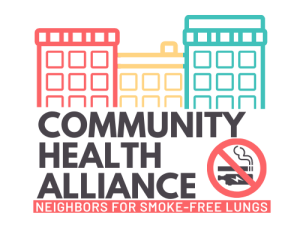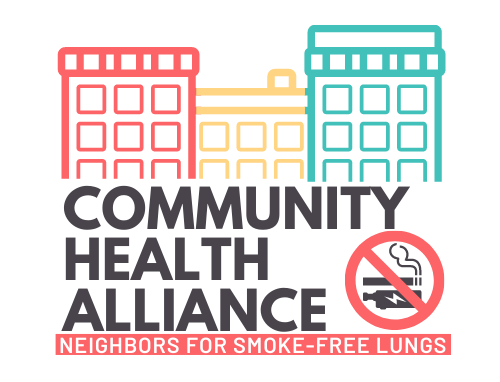Smoke-Free Multi-Unit Housing (SFMUH) Policies
 Many local governments, housing authorities, and property owners of multi-unit housing are taking proactive steps to provide housing that is 100 percent smoke-free.
Many local governments, housing authorities, and property owners of multi-unit housing are taking proactive steps to provide housing that is 100 percent smoke-free.
A smoke-free policy for a multi-unit housing complex protects the health of residents, increases the market value of properties, lowers maintaining costs, reduces fire risk, and provides legal liability safeguards.
SFMUH policies can be safely and fairly applied by engaging residents early in the process, educating them, providing cessation resources, setting clear guidelines for enforcement and implementing accommodations where necessary.
A growing number of local jurisdictions have adopted SFMUH policies to protect residents within multi-unit housing because exposure to secondhand smoke is not just an annoyance, it is a serious health hazard.


 Residents who are not protected from secondhand smoke exposure in multi-unit housing deserve to live in housing that does not threaten their health or force them to leave. On the other hand, people who smoke often face housing instability themselves.
Residents who are not protected from secondhand smoke exposure in multi-unit housing deserve to live in housing that does not threaten their health or force them to leave. On the other hand, people who smoke often face housing instability themselves. Eliminating smoking indoors is the only way to protect fully against the negative health impacts of second hand smoke exposure. Smoke-free policies reduce exposure to smoke and can also prevent people from starting to smoke, support quitting efforts, reduce the social acceptability of smoking, and yield considerable cost-savings in health care and renovation expenses.
Eliminating smoking indoors is the only way to protect fully against the negative health impacts of second hand smoke exposure. Smoke-free policies reduce exposure to smoke and can also prevent people from starting to smoke, support quitting efforts, reduce the social acceptability of smoking, and yield considerable cost-savings in health care and renovation expenses.